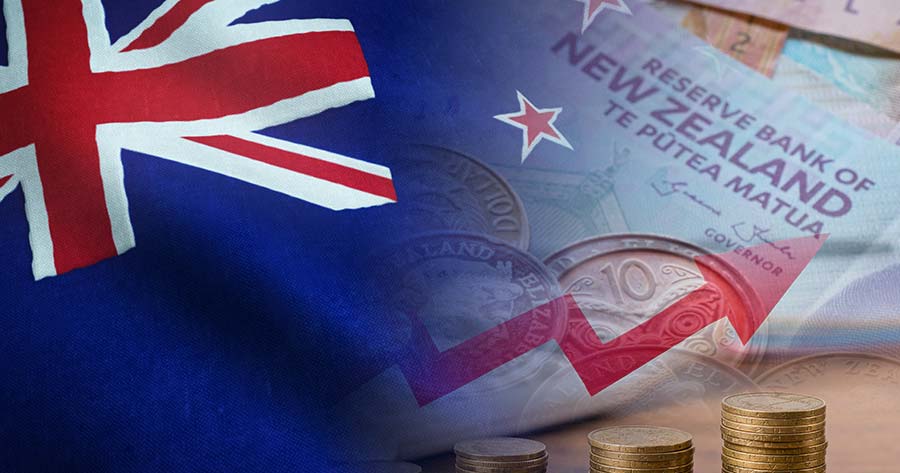On Wednesday, the Reserve Bank of New Zealand increased interest rates to a seven-year high in an effort to curb inflation and ease pressure on the country’s sinking economy.
The central bank raised the official cash rate by 50 basis points, bringing it to 3.5%. This is the eighth increase in the past 12 months and the fifth large increase.
“The Committee agreed it remains appropriate to continue to tighten monetary conditions at pace to maintain price stability and contribute to maximum sustainable employment,” said RBNZ Governor Adrian Orr in a statement.
“Core consumer price inflation is too high and labor resources are scarce.”
This hawkish stance ran counter to the Reserve Bank of Australia’s dovish turn at its latest policy meeting on Tuesday, when the bank backed off from its previous plan to raise interest rates by a half a percentage point.
The reaction from the market saw the New Zealand dollar rise 0.9% to $0.5782, according to Reuters.
Rates are expected to reach a peak of 4.5 percent by May, with the market pricing in a greater than 60% chance that the RBNZ will raise another 50 basis points at its November’s meeting.



